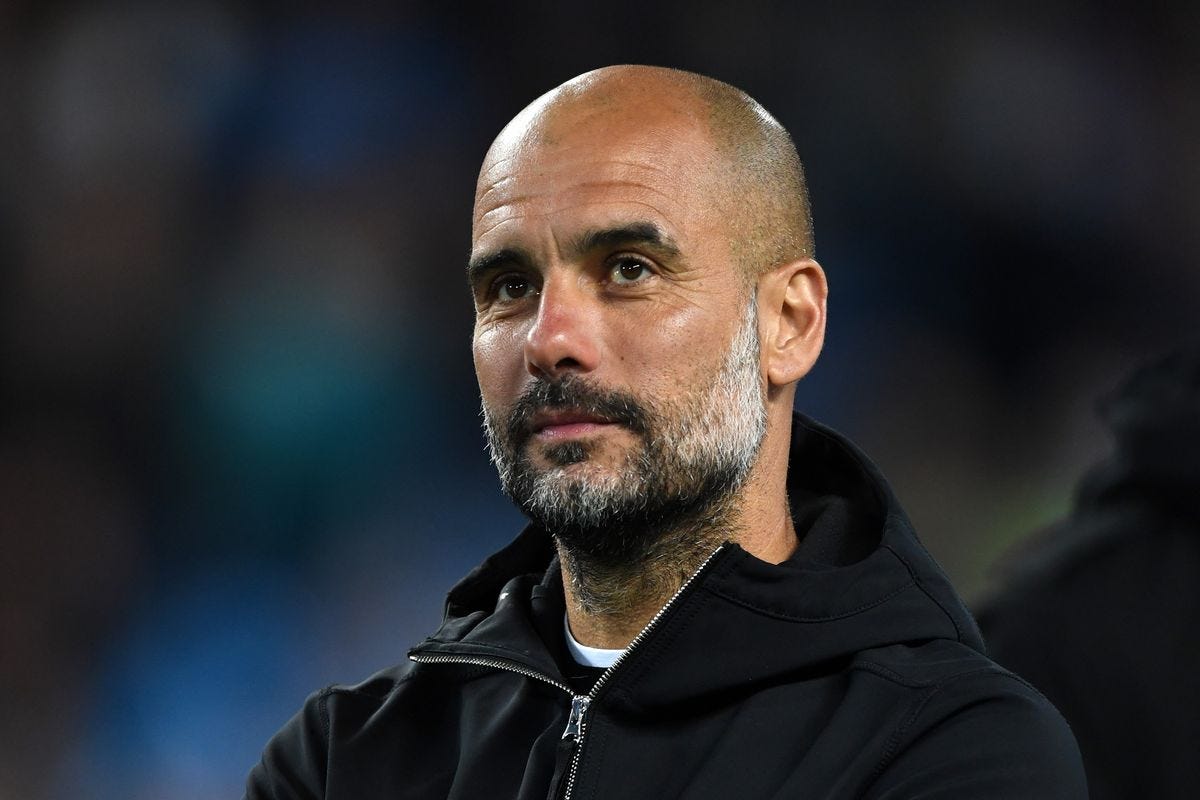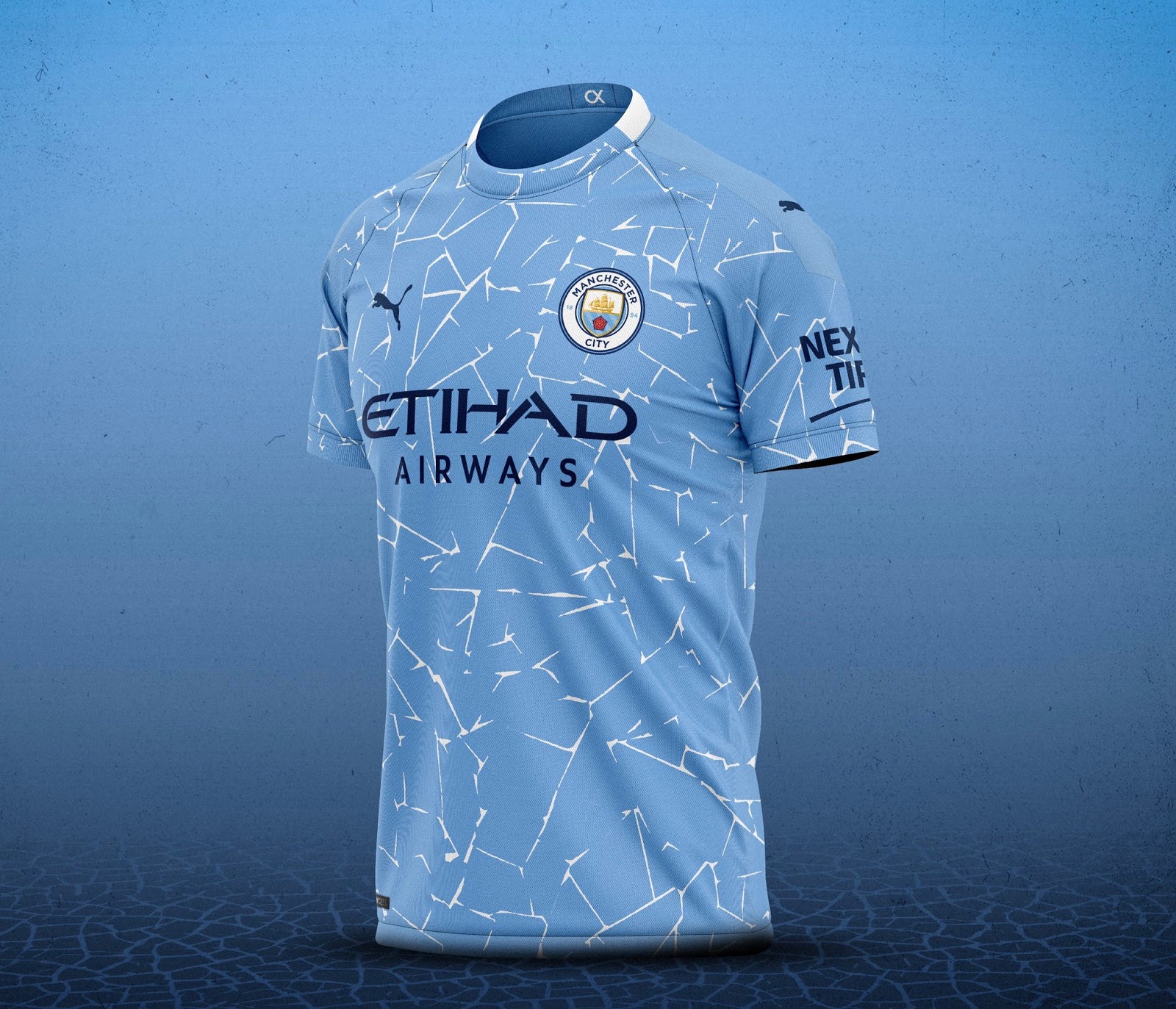The coach of Manchester City, a figure central to the club’s recent dominance, commands intense scrutiny. This examination delves into the manager’s background, tactical approaches, player management, and impact on the club’s overall success, offering insights into their leadership style and future prospects. From their playing days, if any, to their current strategies, we unravel the story behind the man shaping one of the world’s most formidable football teams.
This in-depth analysis explores the manager’s journey, highlighting key decisions, both on and off the pitch, that have defined their tenure at Manchester City. We analyze their tactical flexibility, player development strategies, and media interactions, providing a comprehensive understanding of their influence on the club’s identity and performance.
Pep Guardiola: Architect of Manchester City’s Dominance: The Coach Of Manchester City
Pep Guardiola’s tenure at Manchester City has redefined the club’s identity, transforming it into a dominant force in English and European football. His meticulous tactical approach, combined with astute player management, has yielded unprecedented success. This article delves into various facets of Guardiola’s impact on Manchester City, from his managerial style to his influence on the team’s overall performance and public image.
Pep Guardiola’s Biography and Managerial Journey
Pep Guardiola, born January 18, 1971, is a Spanish professional football manager and former player. His playing career, primarily as a defensive midfielder for FC Barcelona, was notable but less illustrious than his managerial achievements. After retiring from playing, Guardiola embarked on a remarkable managerial career, initially with Barcelona B before taking the reins of the senior team.
His time at Barcelona saw him win multiple La Liga titles and the UEFA Champions League, establishing his reputation as a tactical innovator. Subsequently, he managed Bayern Munich and now Manchester City, consistently demonstrating his ability to adapt his strategies to different leagues and squads. His possession-based, attacking style has become his hallmark.
Browse the implementation of fulham fc vs manchester united fc lineups in real-world situations to understand its applications.
Guardiola’s Managerial Tenure at Manchester City: A Timeline
Guardiola’s arrival at Manchester City in 2016 marked a turning point for the club. The following timeline highlights key moments:
- 2016-2017: Initial season, adapting to the Premier League, finishing third.
- 2017-2018: First Premier League title, showcasing his tactical prowess.
- 2018-2019: Domestic treble (Premier League, FA Cup, League Cup).
- 2019-2020: Another Premier League title, further cementing his success.
- 2020-2021: Premier League title, demonstrating consistent dominance.
- 2021-2022: Premier League title, a record-breaking season.
- 2022-2023: Premier League title, Champions League triumph.
Comparative Managerial Statistics
A comparison of Guardiola’s statistics across different clubs provides insights into his consistent success:
| Season | Wins | Losses | Draws |
|---|---|---|---|
| Barcelona (2008-2012) | 178 | 32 | 38 |
| Bayern Munich (2013-2016) | 135 | 21 | 36 |
| Manchester City (2016-Present) | 290 | 60 | 65 |
Guardiola’s Tactical Approach and Playing Style
Guardiola’s tactical philosophy centers on possession-based football, emphasizing short, quick passes to control the tempo and create scoring opportunities. He frequently utilizes a 4-3-3 formation, but is known for adapting his system based on opponent strengths and weaknesses. His approach differs from other prominent Premier League managers like Jürgen Klopp (who favors a more direct, high-pressing style) and Thomas Tuchel (known for his tactical flexibility and adaptability).
For example, in the 2023 Champions League final, Guardiola adjusted his tactics in the second half to counter Inter Milan’s defensive strategy, ultimately leading to Manchester City’s victory. This adaptability is a key component of his success.
Player Management and Team Dynamics at Manchester City
Guardiola’s approach to player management involves a combination of demanding high standards, fostering a strong team culture, and providing individual support. He is known for his ability to improve players, pushing them to reach their full potential.
Players like Kevin De Bruyne and Erling Haaland have thrived under his leadership, demonstrating his capacity to build a winning team.
Examples of Guardiola’s handling of player situations:
- Addressing the occasional friction between star players through open communication and team-building exercises.
- Managing the integration of new signings by gradually introducing them into the team’s dynamics.
- Providing constructive criticism and guidance to underperforming players to help them regain form.
Guardiola’s Impact on Manchester City’s Success, The coach of manchester city

Guardiola’s influence on Manchester City’s success is undeniable. His arrival coincided with a period of unprecedented dominance, marked by multiple Premier League titles and significant progress in European competitions. His tactical innovations and ability to mold a squad of talented players into a cohesive unit have been instrumental in the club’s achievements.
For instance, his adaptation of tactics in response to the emergence of strong rivals has demonstrated his strategic flexibility, contributing to sustained success.
Guardiola’s Public Image and Media Relations
Guardiola maintains a composed and respectful public persona. He engages with the media professionally, providing insightful answers while maintaining a level of control over the narrative. His communication style contributes to a positive team atmosphere and fosters a strong connection with the fans.
Examples include his post-match press conferences, which are often marked by thoughtful analysis and measured responses to questions.
Future Prospects and Challenges for Guardiola at Manchester City
Future challenges for Guardiola could include maintaining the team’s competitive edge amidst the ever-evolving landscape of Premier League football, managing the expectations of the club’s ownership and fans, and navigating potential player departures. Areas for improvement might involve further developing the team’s defensive resilience and maintaining squad harmony amid the inevitable changes in personnel.
A hypothetical scenario: A key player injury could disrupt the team’s balance. Guardiola’s response would likely involve adapting the tactical approach to compensate for the loss, promoting players from the academy or making strategic signings to fill the gap.
Ultimately, the success of Manchester City is inextricably linked to the performance and decisions of its manager. This analysis reveals a complex figure who has navigated the challenges of managing a high-profile team with remarkable skill, adapting to changing circumstances while maintaining a winning mentality. Their future, and that of the club, hinges on their ability to continue this success in an increasingly competitive football landscape.


